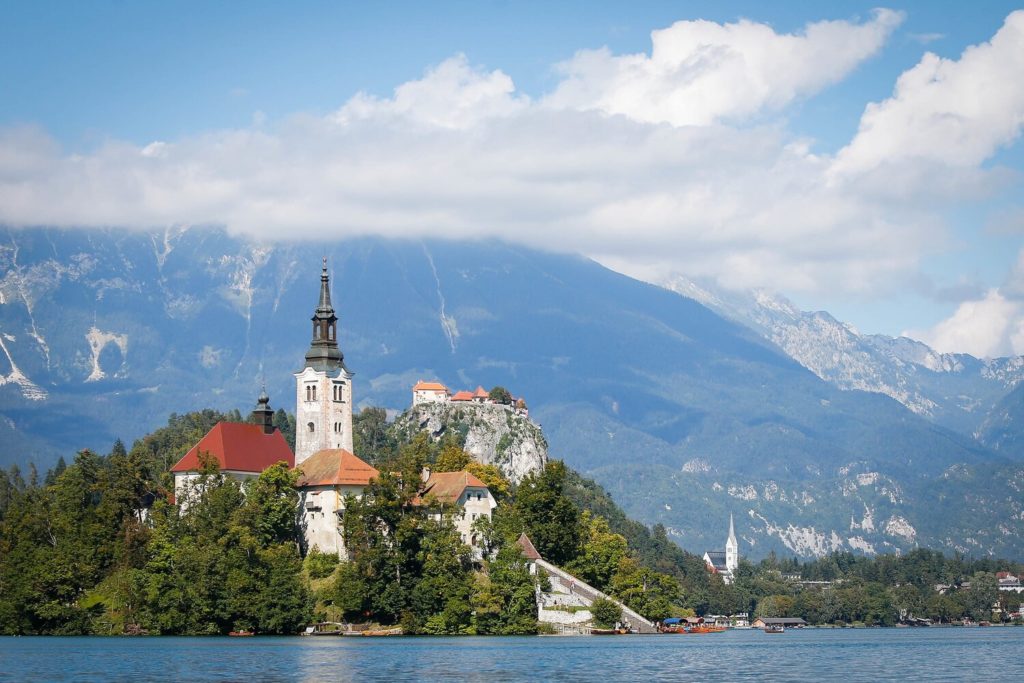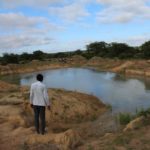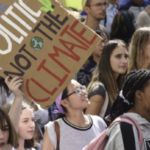I come from a small country in the heart of Europe. There are many reasons Slovenians are proud of their country, but one of the main reasons I am most proud is its greenery. Years ago we could observe that the country was green, more could have been done to preserve or even improve it. However, throughout the years since our independence to today, our environmental legislation is more robust, civil society is more active and Slovenian citizens are more attentive to protecting our environment. In 2002 less than 10% of waste was collected separately, and now we are reaching about 70%. From 115 organic farms in 2000, we reached 3.320 in 2017. The need for water supply has declined in recent years.
Changes of this sort do not come over night and are not easy, as they require collective effort by the State, civil society and society at large. As environmental challenges do not know borders, it is becoming more important than ever that the world acts together. Academia and other experts, including the UN Special Rapporteur on human rights and the environment, have underlined the causal effect of different types of environmental degradation on pandemics, such as COVID-19. Moreover, as human beings we surely have an emotional connection to nature, wherever it is, from the funeral plaque dedicated to the Icelandic glacier Okjokull lost to climate change, Kiribati’s islands being swallowed up by the rising sea levels or the 1 million animal species are threatened with extinction. It breaks my heart that we will lose animals, like we did with the Northern White Rhinoceros or Madeiran Large White butterfly.
“As environmental challenges do not know borders, it is becoming more important than ever that the world acts together.”
We should not think that environmental degradation of this sort only threatens flora and fauna, as we already see numerous implications on communities across the globe of our generation and undoubtedly, they have even stronger implications for children and future generations. It is time to act collectively and holistically to address this.
When the foundations of the international human rights law were built after the Second World War, the environment did not receive a prominent role. It didn’t seem necessary at that time. However, past decades have shown how environmental degradation affects humanity and in 1972 a first step was made with the Stockholm Declaration, which clearly states:
“Man has the fundamental right to freedom, equality and adequate conditions of life, in an environment of a quality that permits a life of dignity and well-being, and he bears a solemn responsibility to protect and improve the environment for present and future generations…”
There has been significant progress at national and regional levels. Many countries, the first one being Portugal in 1976, adopted constitutional provisions on different formulations of the right to a safe, clean, healthy and sustainable environment. Other countries have made significant efforts to improve environmental legislation in recent years to include human rights aspects. At the regional level, there are a number of documents, including the:
“We should not think that environmental degradation of this sort only threatens flora and fauna, as we already see numerous implications on communities across the globe of our generation and undoubtedly, they have even stronger implications for children and future generations. It is time to act collectively and holistically to address this.”
It therefore comes as no surprise that certain States, civil society, academia, experts and also representatives of the United Nations are calling for the global recognition of the right to a safe, clean, healthy and sustainable environment. Such a move would have particular relevance for children, who are disproportionately vulnerable to the impacts of environmental harm.
In the last months, a core group of States on human rights and the environment composed of Costa Rica, Maldives, Morocco, Switzerland and Slovenia has started a series of informal consultations on a possible global recognition of this right. In this inclusive process we emphasize the expected positive outcomes of the recognition which we hope to be consensual. I sincerely believe that the time has come to act together and to act now, and I am convinced that this step at the global level would not only signal political will, but also galvanize action for a better future for all. We owe it to our children and future generations.
“ I sincerely believe that the time has come to act together and to act now, and I am convinced that this step at the global level would not only signal political will, but also galvanize action for a better future for all. We owe it to our children and future generations.”
Ambassador Sabina Stadler Repnik is the Permanent Representative of Slovenia to the United Nations Office and other international organizations in Geneva.
